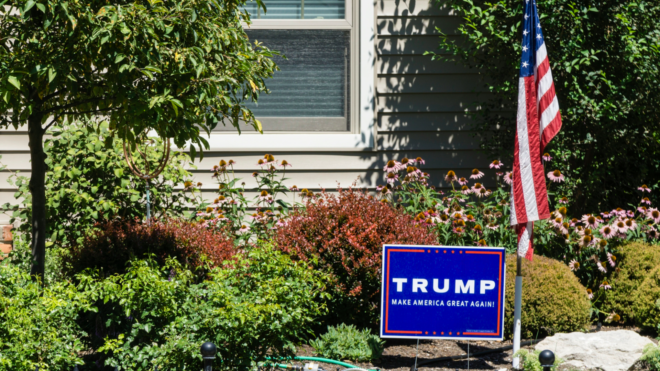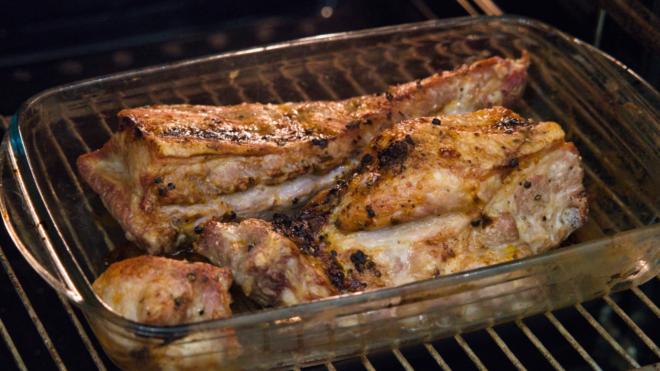Most people associate balding solely with men, aging, and rare diseases.
The truth is, many people experience hair loss, pattern baldness, and symptoms tied to irritated scalps and thinning hair — and it's not just men. Millions of women all over the world are affected by pattern baldness, alopecia, and patchy scalps.
In an exclusive list below, we'll go through some of the most well-known causes for hair loss — and, more importantly, how you can tweak your lifestyle to prevent further issues.
Many of us aren't aware of the many habits that can cause hair loss; blow drying, flat-ironing, and dyeing our hair (as with this gorgeous "mermaid hair" coloring technique) can all have dire consequences.
From medical conditions to bad circulation, the causes for hair loss and damage are varied and extensive.
Scroll down to discover the most common reasons for hair loss, and to learn about the most effective cures. Let us know your thoughts in the comments below!
Cause #1: Genetics
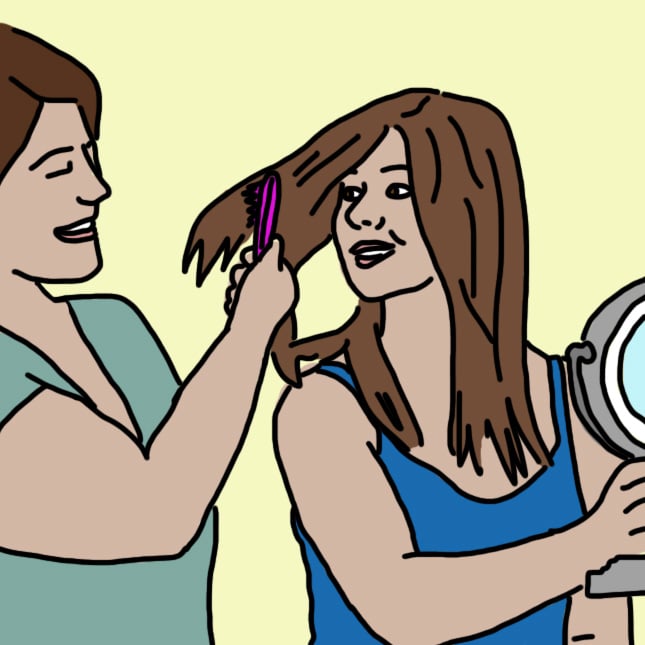
Both male- and female-pattern baldness are most commonly caused by hereditary conditions.
Patterns like receding hairlines, bald spots, and thinning hair can occur in patients of all ages, according to the Mayo Clinic.
In fact, genes may determine when you can begin to lose your hair, how quickly you'll lose it, and exactly how much your hair will thin out.
Cause #2: Hormonal Changes
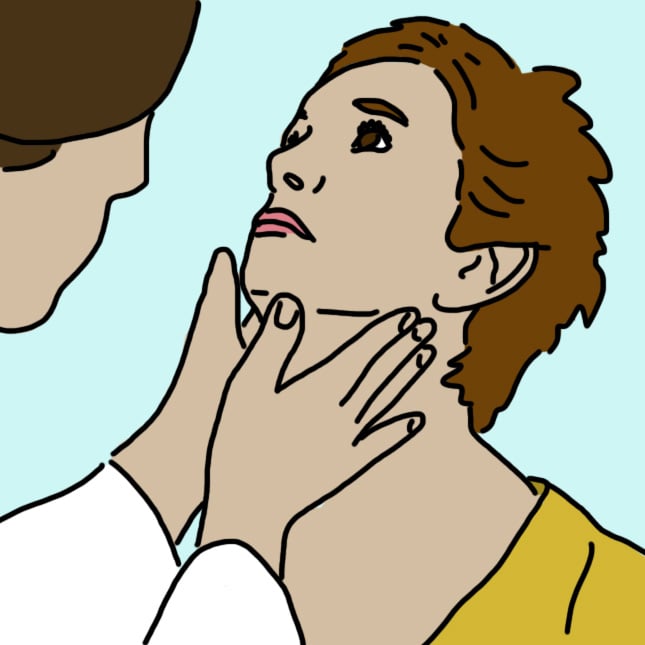
Often, changes or an imbalance in hormones can also cause temporary hair loss in women.
Many women experience hair thinning during pregnancy, or even near the period of childbirth.
Others experience it at the onset of menopause, or as a side effect of anemia, a condition that diminishes the red blood cell count in your blood.
Keep in mind that your thyroid gland can also affect your hormone levels. Thus, problems with your thyroid may also lead to bouts of hair loss.
Cause #3: Certain Medications
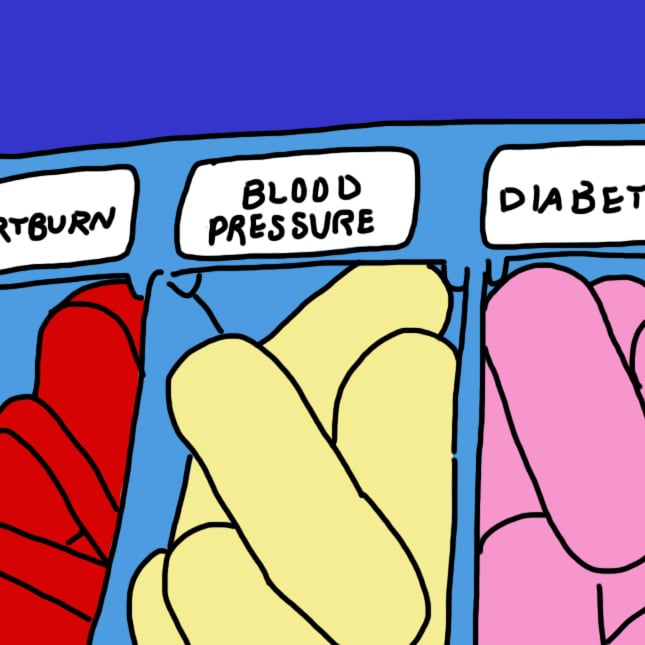
Hair loss can also be caused by a slew of medical disorders and medications.
According to the Mayo Clinic, drugs that are used to treat conditions like arthritis, cancer, cardiovascular diseases, and high blood pressure may bring on hair loss.
Research has also indicated that an excessive intake of vitamin A can lead to hair loss.
More aggressive medical treatments, including radiation therapy to the head, may cause a more permanent form of hair loss.
Cause #4: Infections And Skin Disorders
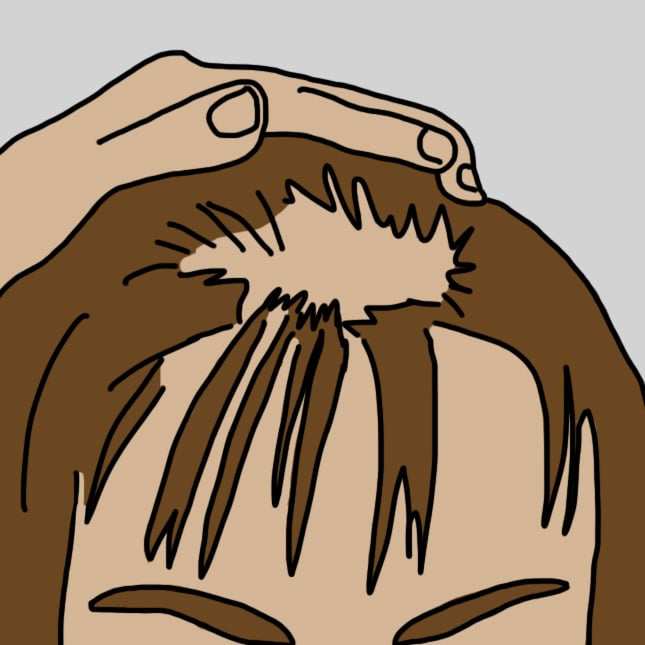
Alopecia, also known as spot baldness, is an autoimmune disease that occurs when the body fails to recognize its own cells, and destroys tissue and hair follicles as if they were invaders.
Scalp infections like ringworm can also attack your hair and skin, and result in scaly bald patches.
Other more severe conditions that cause both scarring and baldness include lichen planus, and some variations of sarcoidosis and lupus, according to the Mayo Clinic.
If you have suspicious symptoms, consult your doctors immediately for treatment.
Cause #5: Unique Hairstyles
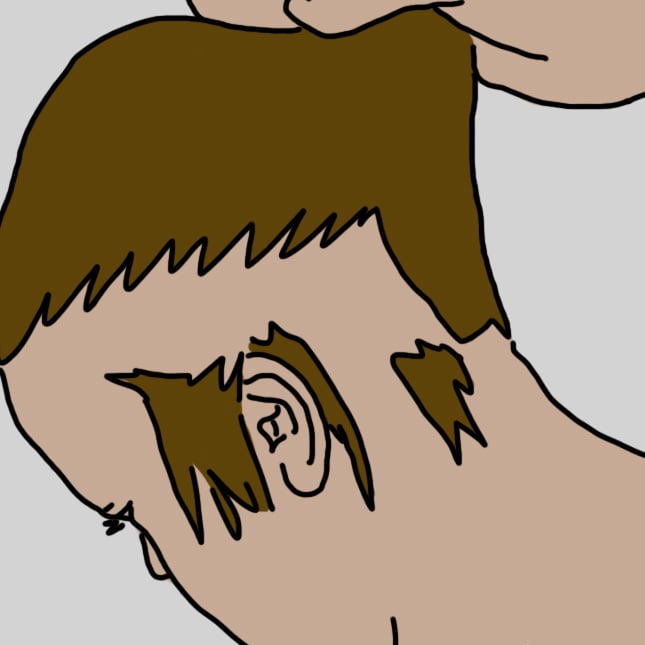
Try not to pull or tie your hair too tightly. This can cause traction alopecia, according to the Clinic.
Also, stay away from things like intensive hair treatments that may cause inflammation and scarring.
Dermatologist Wendy Roberts, M.D., also suggests against applying harsh chemicals, dyes, and flat-irons to your hair. This can lead to permanent damage and breakage in the follicles.
Most of these minor injuries can be treated rather easily with medication, after which hair mostly likely will grow back.
Cause #6: Physical Or Emotional Shock
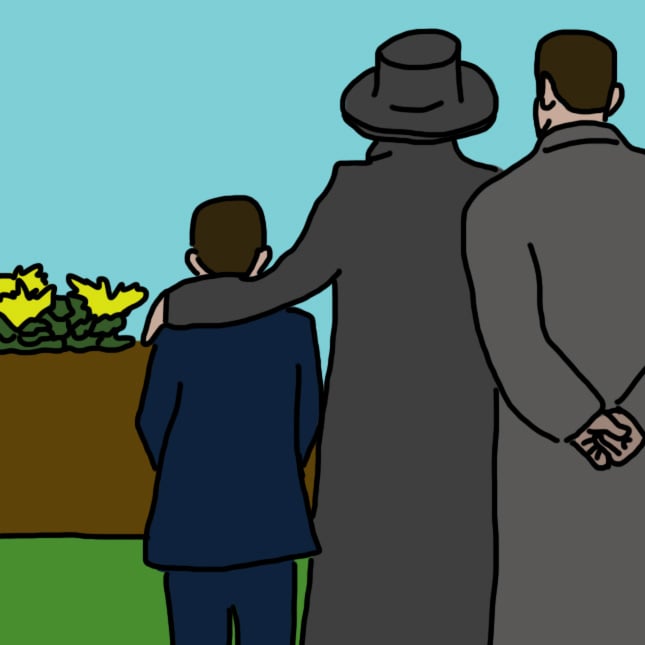
There are many other causes for hair loss that don't have to do with medical conditions.
Many people experience physical or emotional shock, in response to influential, external events.
Though temporary, hair loss triggered by events can bring on other symptoms, such as weight loss and illness.
Remedy #1: Take Biotin
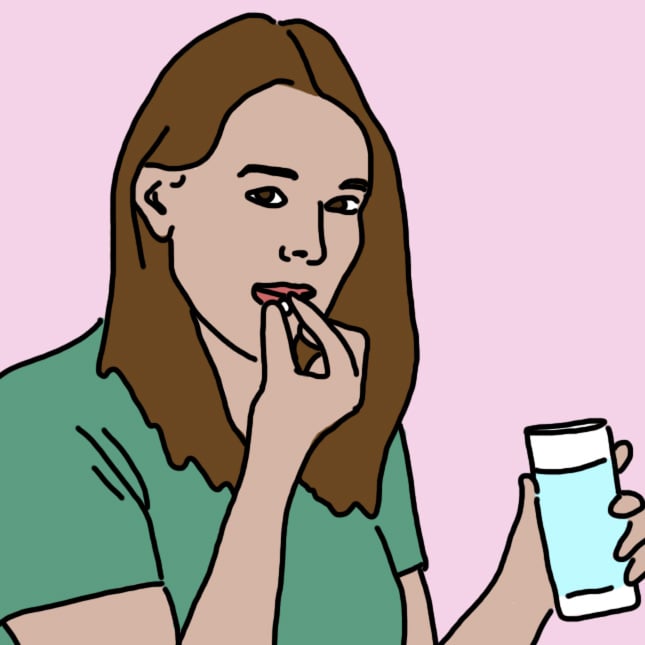
Fortunately, there are several natural and simple ways you can help remedy hair loss and thinning.
One solution is to consume foods that are rich in folic acid, iron, and B vitamins.
More commonly known as biotin, vitamin B7 contributes to hair and nail growth, and to maintain a healthy nervous system and metabolic processes.
Foods high in biotin include eggs, lean red meat, bananas, dark green veggies, and sweet potatoes. You can definitely also take biotin supplements as an alternative.
Remedy #2: Rub In Jojoba Oil
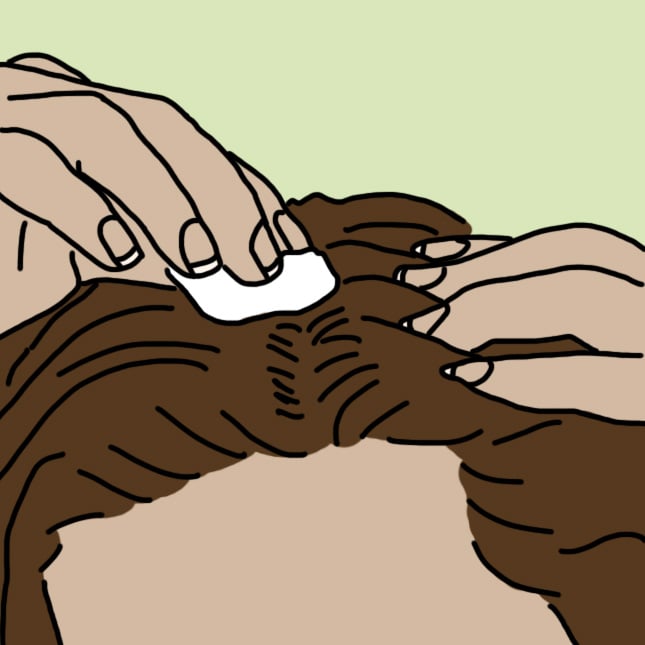
Derived from the jojoba plant, jojoba oil is a clear, golden liquid that has a slightly nutty smell.
It is high in vitamins E and B, and minerals like silicon and zinc, giving it the right properties to fight fungal and bacterial infections.
Jojoba oil is also a powerful substance used to stimulate hair growth. Try rubbing a small amount into the scalp and hair, directly onto the affected areas.
Remedy #3: Drink Teas That Help Hair Growth
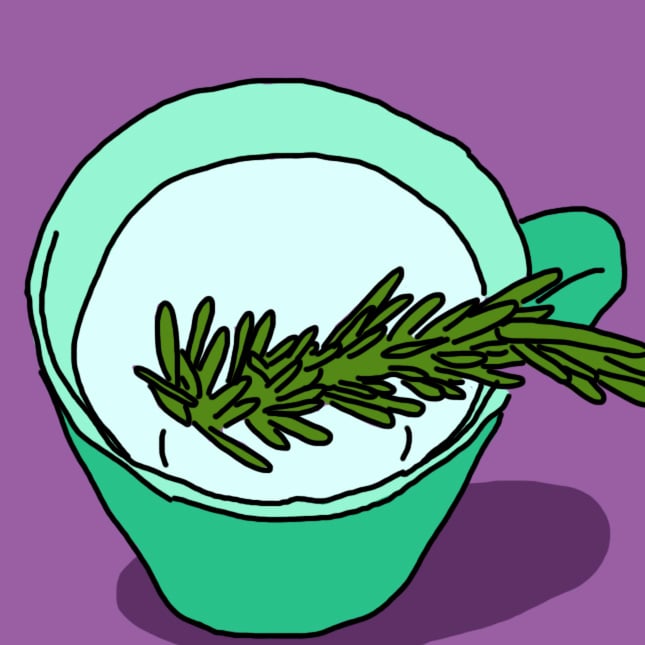
Many herbs are known to promote healthy hair growth.
Peppermint tea, for example, helps the body produce sebum, a type of oil that soothes the scalp and gets rid of dandruff.
Rosemary has properties that strengthen hair follicles and fight hair loss.
According to LIVESTRONG, other herbs and roots like nettle, licorice, and saw palmetto all contain elements that help sustain hair growth and promote circulation in the scalp.
Remedy #4: Be Gentler To Your Hair
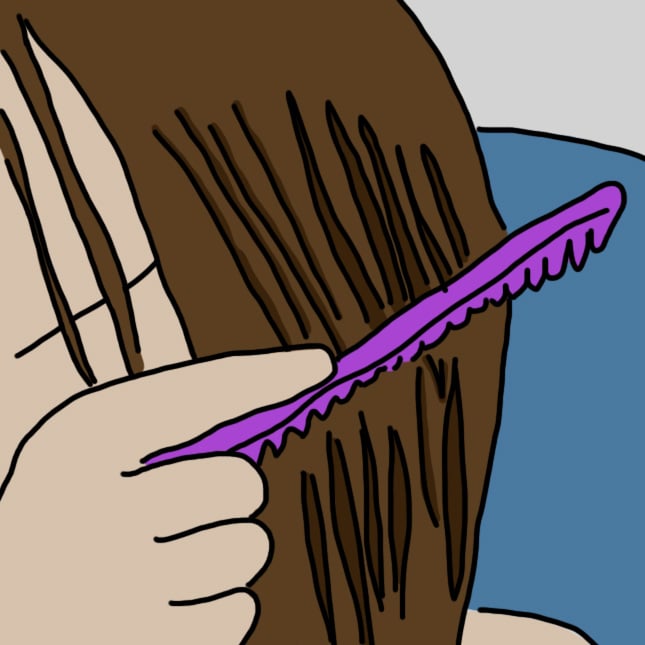
One of the first steps to protecting your hair is to treat it with kindness.
We may not realize it, but we can sometimes treat our hair a little too harshly.
Try brushing your hair gently to avoid breaking fragile strands. Also avoid using tools like blow dryers, curling irons, and styling appliances too often.
If you use hair spray or hair gel, don't comb through your hair after you've waited for it to dry; your hair will have hardened, and will be easier to break.
Lightly comb through your hair with a wide-toothed comb when it's wet, and avoid straightening, heating, or curling it excessively.
Remedy #5: Stimulate Blood Circulation
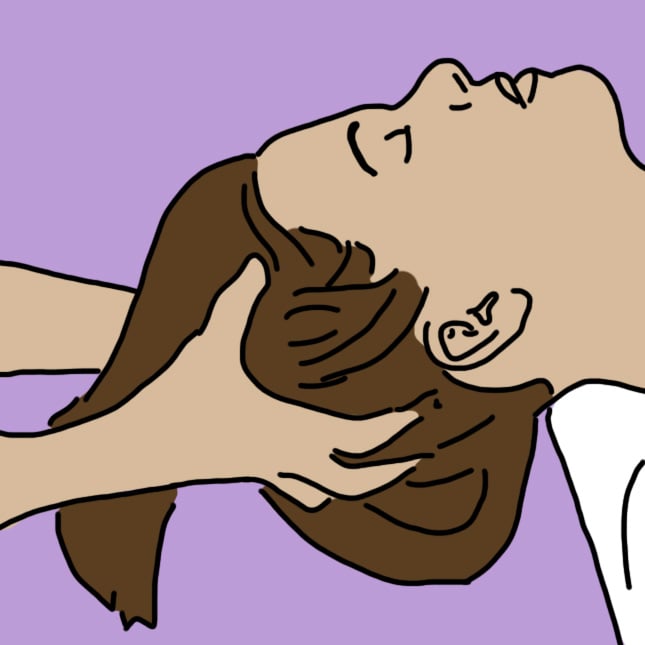
It's vital to keep a healthy flow of oxygen and blood circulating throughout your body — and this includes your scalp.
The easiest way to stimulate proper scalp circulation is to make sure you have enough iron in your body, which brings blood to the scalp, and promotes hair growth and healthy follicles.
Try massaging your scalp with aloe vera gel. Apply a quarter-sized amount all over your head, and leave it on for a few minutes before rinsing.
Remedy #6: Get A 'Volumizing' Haircut
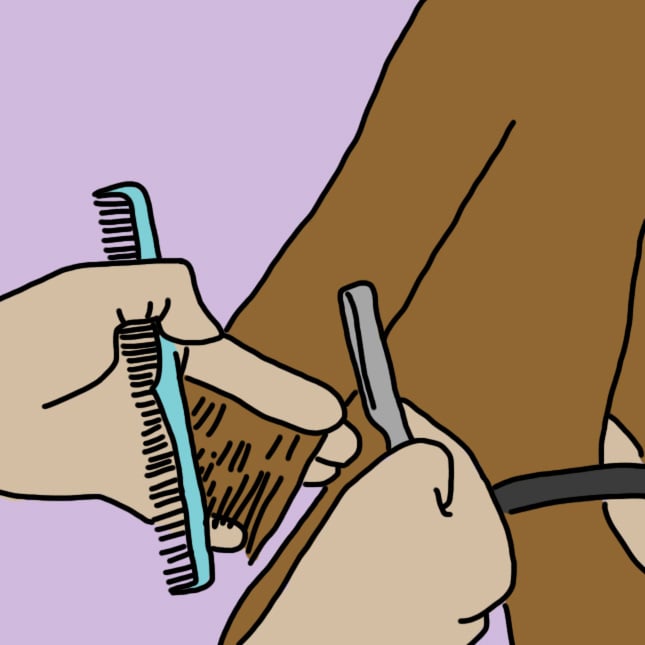
Try getting layers in your hair the next time you hit the salon, and ask the stylist for products that help build volume in your hair.
The less your hair is weighed down, the fewer sources of damage you'll encounter.
Try using natural hair mousse, which you can apply at the roots for support.
Please SHARE if you found these tips interesting, and let us know your own concerns about hair loss in the comments below!

